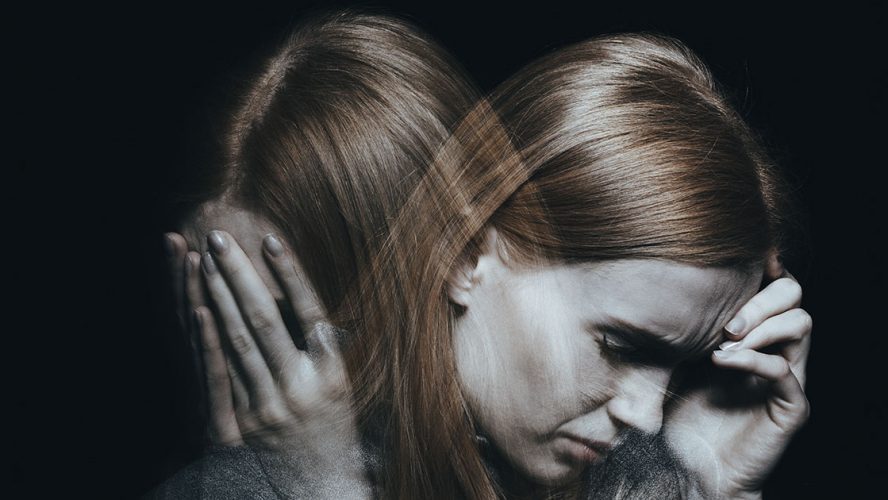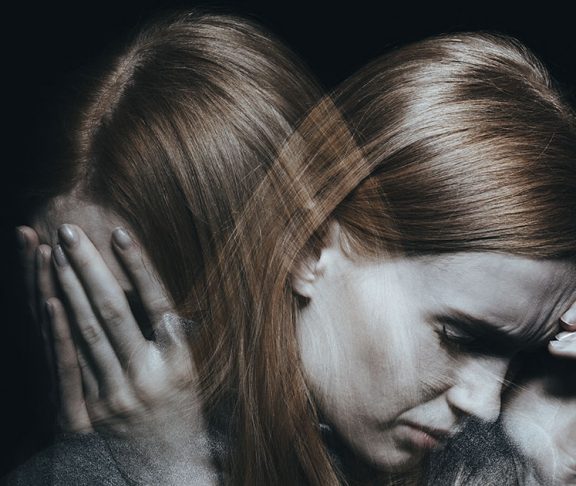Try to imagine that you struggle daily with hallucinations of aliens pursuing you. These aliens intend to cause harm to you and the country. Then, overnight, streets that are usually teeming with people are mostly deserted. Plus, the few people who are out have their faces covered by masks. Most stores and businesses are closed; however, in the ones that are open, workers are wearing masks and gloves.
It is frightening for us to understand that we are fighting an invisible virus. But for people affected by a severe neuropsychiatric brain illness such as schizophrenia, the mandatory restrictions precipitated by the coronavirus pandemic only support such delusions. How much more terrifying all of what we’re going through must feel to them. After all, we understand that people wearing personal protective equipment, such as masks, are not trying to kill us, but actually protect us by controlling the spread of the virus.
Severe brain illness and COVID-19
There are approximately 11 million Americans who are currently affected with a severe neuropsychiatric brain illness including schizophrenia, schizoaffective disorder, or bipolar illness. And these individuals make up the most vulnerable, most ostracized, and most misunderstood segment of our population. They are also often left untreated and undertreated, as well as mistreated and criminalized.
Until the 1980s, there were approximately 500,000 individuals with severe psychiatric brain illnesses held in state hospitals. Now those hospitals are closed, which means there are approximately 500,000 individuals with schizophrenia or related brain illness who are either homeless or incarcerated. Yet at one time, many of these same people had great hopes and aspirations for their lives. They planned to pursue careers, get married, have children, and had many other goals like anyone else. But now they suffering more than anyone else in this COVID-19 era.
As government officials and the media began to give warnings about the coronavirus pandemic, many people with schizophrenia and related disorders started their descent into the relapse and exacerbation of their illnesses. Even individuals who are responding well to their medications and treatments are impacted by the fear conveyed by the media. Their irrational fears are now compounded by understandably rational fears. Coping with a severe brain illness creates a catalyst for painful struggles with hallucinations and delusions.
Increased risk of COVID-19
Individuals affected with a neuropsychiatric brain disease are often disconnected from reality and unaware that they have an illness. Many are homeless and now, thanks to COVID-19, cut off from most of their sources for survival. Shelters, bathroom facilities, access to healthcare providers, and food sources (including restaurant trash cans) are gone.
Keep in mind that even under the best of circumstances, homeless individuals affected with severe brain illness are often unable to maintain personal hygiene. This pandemic puts them at even greater risk for contracting a contagious disease. Not only does the ongoing lack of care for the most vulnerable among us leave them at greater risk, but also it leaves the community at risk. That’s because people with untreated brain illnesses likely will not adhere to social distancing or any other precautions to protect themselves or others.
Psychiatric facilities (e.g., inpatient hospitals and residential treatment centers) and prisons (the largest facility for the psychiatrically ill) are among the institutions most severely impacted by COVID-19. Yet, some of the facilities are only providing personal protective equipment for staff members. It wasn’t until the end of April that these facilities began to consider providing masks for patients and prisoners, as well.
In addition to their brain illnesses, most affected individuals are also living with co-morbidities that, combined with their cognitive disabilities, puts them among the highest risk populations for COVID-19. But still they remain neglected and in grave danger. As we hear over and over again, we’re all in this together. So during this pandemic, let’s not forget about people affected with schizophrenia and other brain illnesses — our treatable loved ones, friends, neighbors, and colleagues.


